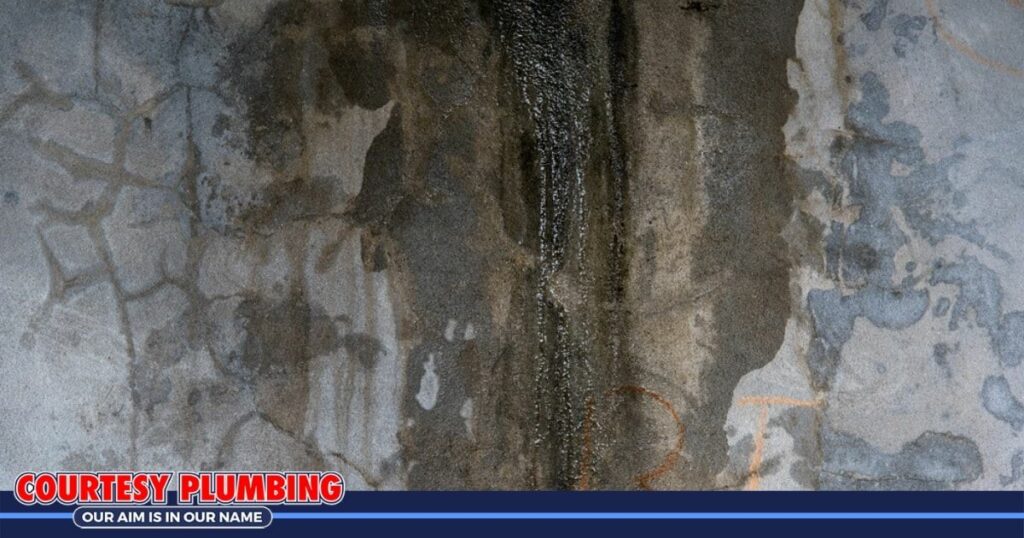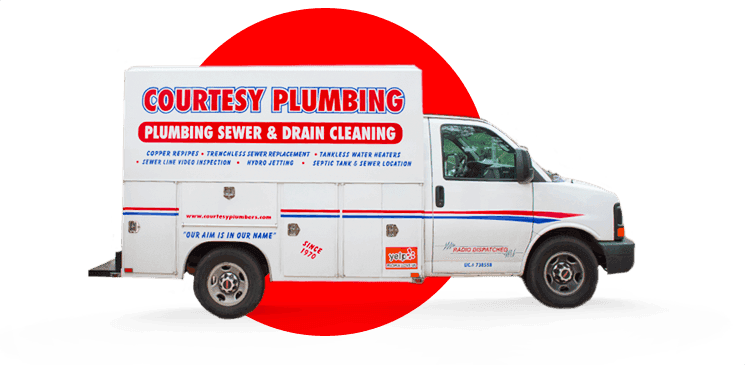What is a Slab Leak?
A common plumbing problem is a slab leak. You hear the term thrown around here and there, but you never really paid it any mind until boom — walking over pooled water on your floor. A slab leak is pretty much exactly what it sounds like: it’s a leak in either a sewer line or water line underneath the foundation of a house.
So how common are slab leaks? Truthfully, these leaks are fairly common and can be exacerbated by external forces like natural disasters. They are also more common when the original construction was not performed correctly.
Why Slab Leaks are a Problem
In modern-day construction, most dwellings – commercial and residential – are built on a concrete slab. There are a series of plumbing pipes laid below the concrete slab, including sewer and water lines. When one of these pipes ruptures, you have what is referred to as a slab leak. The excess water is forced up through the concrete slab, where you will definitely take notice.
Not only will a slab leak cause damage to your foundation, but it could also ruin your flooring — no matter the material. Foundational damage can be dangerous for your whole home and is a safety risk. The damage could also spill out into your yard, causing flooding and changes in the landscape.
If the leak travels outside of just the foundation, it may start to develop mold. Mold grows in dark and damp locations: exactly the right environment when there’s a slab leak.
How to Fix a Slab Leak
The tricky part about a slab leak is not the repair of the leak itself but more so the leak’s location. With plumbing pipes tucked away deep under the foundation, this can be a bit of a challenge.
It’s important to make sure a well-qualified plumber is on the job, as leak detection requires expertise and sophisticated tools like electronic amplification equipment and electromagnetic pipeline locators. Do not let someone dig through your foundation to find a leak. This unguided approach will cost you more money in repairs – not to mention more stress and more mess as educated guesses lead to the destruction of your floors and a delayed solution to your slab leak. Instead, get it fixed right the first time!
How to Tell if You Have a Slab Leak
A wet floor is one of the first indicators of a slab leak. Once you see the wet floor, it may indicate that the leak has started and is spreading. You must take action to prevent extensive damage.
Here are some more symptoms that a slab leak has occurred:
- Damp spots on the floor
- Warm areas on the floor
- The sound of rushing water when no water is running
- An unusually high water bill
- Visible damage to the foundation
- A raised spot in the floor
If you see any of these symptoms in your home, it’s crucial to call an experienced plumber right away. They will have the resources and expertise to find a slab leak and resolve the issue at the source.
Slab Leak Repair in Covina
If you suspect a slab leak, contact a professional plumber right away! A slab leak is not a job for DIY or a fly-by-night plumber looking to make a quick buck. Ensure your plumber has experience in slab leaks and uses the right tools and equipment for the job.
For expert slab leak service, contact the team at Courtesy Plumbing. Don’t hesitate to call us at (626) 774-7167 if you believe there’s a slab leak in your home.



